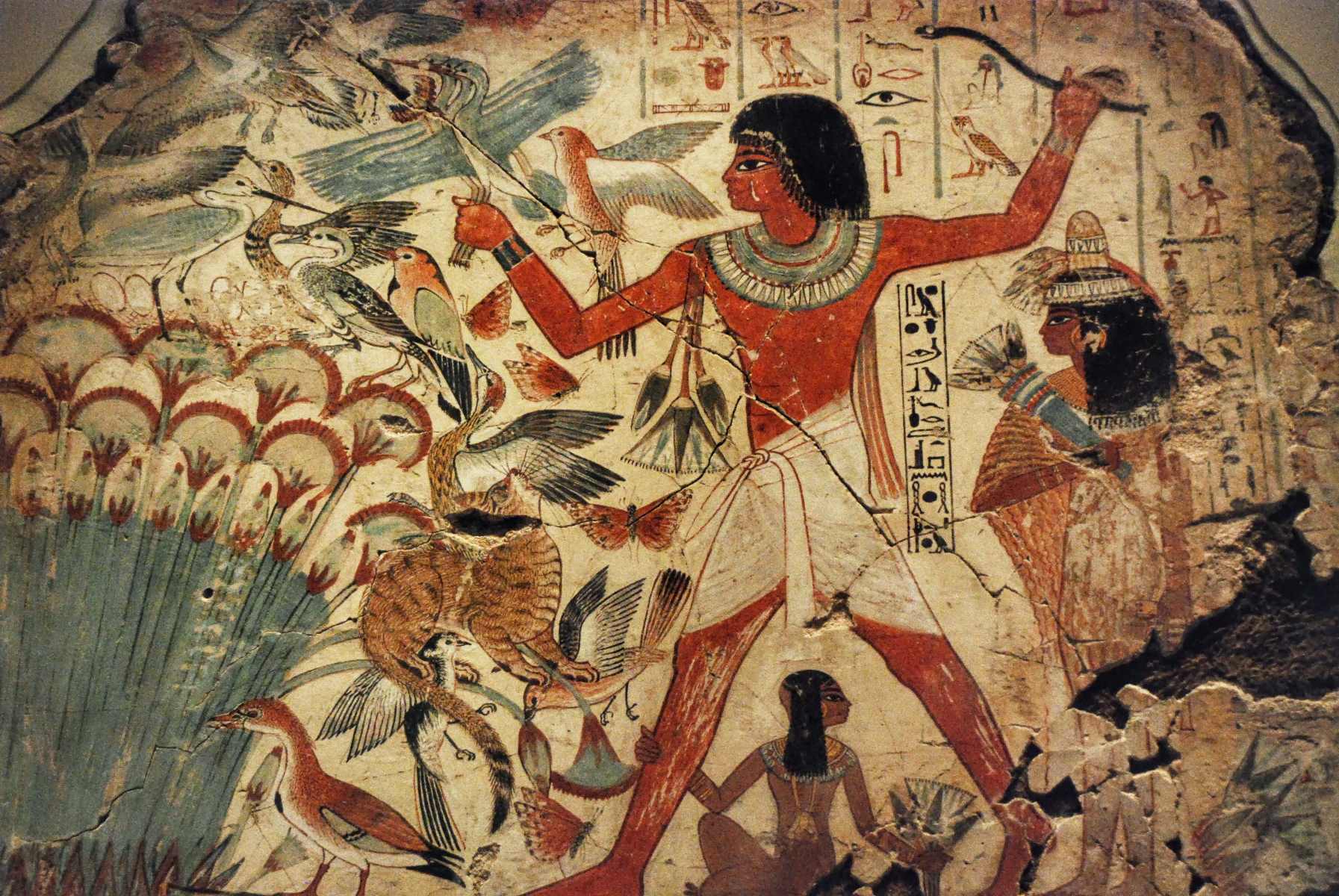Mysteries Of Egyptian Traditions Only Locals Truly Grasp

Ever wondered what makes Egyptian traditions so unique? From ancient customs to modern-day practices, Egypt's culture is rich with history and mystery. Locals have a deep understanding of these traditions, passed down through generations. For example, the Egyptian wedding is a grand affair, filled with music, dance, and elaborate rituals. Another fascinating tradition is the Sham El-Nessim festival, celebrating the arrival of spring with picnics and colored eggs. Then there's the Ramadan observance, where families gather for iftar meals to break their fast. Each tradition offers a glimpse into the heart of Egyptian life, something only locals truly grasp.
Ancient Egyptian Festivals
Egyptian festivals are vibrant, colorful, and deeply rooted in history. These celebrations offer a glimpse into the rich cultural heritage of the country. Here are some festivals that locals celebrate with great enthusiasm.
Sham El-Nessim: This spring festival dates back to ancient times. Families gather in parks, enjoy picnics, and eat traditional foods like salted fish, green onions, and lettuce.
Wafaa El-Nil: Celebrated in August, this festival honors the Nile River. Locals throw flowers into the river, sing songs, and perform dances to show gratitude for the Nile's life-giving waters.
Moulid El-Nabi: This festival marks the birth of Prophet Muhammad. Streets fill with lights, sweets, and parades. People gather to listen to religious stories and enjoy traditional music.
Traditional Egyptian Cuisine
Egyptian cuisine is a delightful blend of flavors and textures. Many dishes have been passed down through generations, each with its unique story. Here are some must-try traditional foods.
Koshari: A popular street food, koshari combines rice, lentils, pasta, and chickpeas topped with tomato sauce and fried onions. It's a hearty, flavorful dish loved by many.
Foul Medames: This dish features slow-cooked fava beans seasoned with olive oil, garlic, and lemon juice. Often eaten for breakfast, it's a staple in Egyptian households.
Molokhia: A green, leafy vegetable cooked into a thick soup, molokhia is often served with rice or bread. Its unique texture and flavor make it a beloved dish.
Unique Egyptian Customs
Egyptians have many customs that reflect their deep-rooted traditions and values. These customs often surprise visitors but are an integral part of daily life.
Hospitality: Egyptians are known for their warm hospitality. Guests are treated with utmost respect, often offered tea or coffee, and invited to share meals.
Henna Night: Before a wedding, brides celebrate with a henna night. Friends and family gather to apply intricate henna designs on the bride's hands and feet, symbolizing joy and beauty.
Evil Eye Protection: Many Egyptians believe in the evil eye's power. To ward off bad luck, they use charms like the blue eye or hand of Fatima, often seen in homes and jewelry.
Egyptian Music and Dance
Music and dance play a significant role in Egyptian culture. They are expressions of joy, sorrow, and everything in between. Here are some traditional forms that locals cherish.
Shaabi Music: Originating from Cairo's working-class neighborhoods, Shaabi music is lively and energetic. It often features humorous lyrics and is popular at weddings and parties.
Belly Dance: Known locally as "Raqs Sharqi," belly dance is a traditional dance form that showcases fluid movements and intricate hip work. It's a staple at celebrations and cultural events.
Sufi Whirling: This spiritual dance, performed by Sufi dervishes, involves spinning in circles to achieve a trance-like state. It's a mesmerizing sight, often accompanied by mystical music.
Egyptian Handicrafts
Egyptian handicrafts are a testament to the country's rich artistic heritage. These crafts are not just beautiful but also hold cultural significance.
Khayamiya: This traditional Egyptian appliqué work involves stitching colorful fabric pieces into intricate patterns. Often used for tents and decorative items, khayamiya showcases exceptional craftsmanship.
Alabaster Carvings: Alabaster, a soft stone found in Egypt, is carved into beautiful statues, vases, and other decorative items. These carvings are popular souvenirs for tourists.
Papyrus Art: Ancient Egyptians used papyrus for writing and painting. Today, artisans create stunning papyrus art featuring scenes from Egyptian mythology and daily life.
Embracing Egyptian Traditions
Understanding Egyptian traditions offers a deeper connection to its rich culture. From the ancient rituals to the modern customs, these practices shape the daily lives of locals. Experiencing a traditional Egyptian meal, witnessing a wedding celebration, or participating in a religious festival provides a glimpse into the heart of Egypt.
Travelers who respect and appreciate these traditions will find their journey more rewarding. Engaging with locals, asking questions, and showing genuine interest can lead to unforgettable experiences. Remember, the essence of travel lies in these authentic connections.
So, next time you visit Egypt, take the time to learn about its traditions. It will not only enrich your trip but also leave you with lasting memories. Embrace the culture, and you'll discover the true spirit of this fascinating country.

